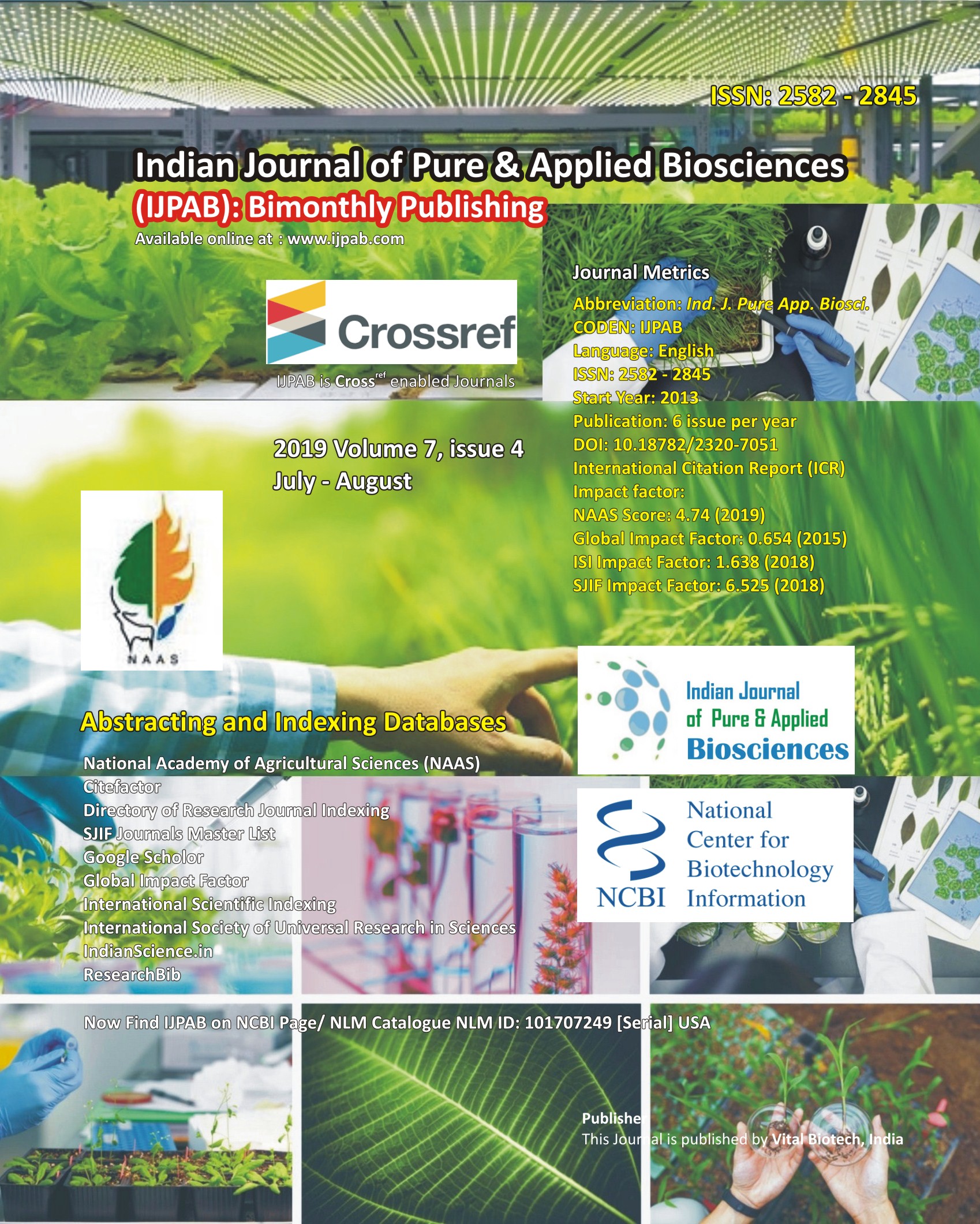
-
No. 772, Basant Vihar, Kota
Rajasthan-324009 India
-
Call Us On
+91 9784677044
-
Mail Us @
editor@ijpab.com
Indian Journal of Pure & Applied Biosciences (IJPAB)
Year : 2019, Volume : 7, Issue : 4
First page : (110) Last page : (127)
Article doi: : http://dx.doi.org/10.18782/2320-7051.7619
A Review on Closer Linkage of Human Well-Being Indices with Gardening and Recreational Nature
Yogendra Singh1* and Prerak Bhatnagar2
1Ph.D. Scholar, (Fruit Science), 2Assistant Professor (Fruit Science),
College of Horticulture & Forestry, Jhalawar- 326023, AU, Kota (Rajasthan)
*Corresponding Author E-mail: yogendrasinghphd938@gmail.com
Received: 25.06.2019 | Revised: 3.07.2019 | Accepted: 10.07.2019
ABSTRACT
People of all ages and diverse abilities under varied habitats enjoy higher levels of health and well-being when they have access to nature nearby in parks, gardens, greenways, naturalized schoolyards and playgrounds and natural landscaping around homes and workplaces. Access to nature has been related to lower levels of mortality and illness, higher levels of outdoor physical activity, restoration from stress, a greater sense of well-being and augmented social capital. The key natural elements that promote well-being include trees, diverse vegetation, local biodiversity, water features, parks, natural plays capes, community and school gardens. The integration of nature into towns and cities has ample secondary benefits that contribute to better health and more sustainable societies. Trees and vegetation capture carbon dioxide and mitigate global warming. They buffer noise, offer shade, reduce the effect of heat is lands, and trap particulates as well harmful airborne pollutants. Parks and other natural niches filter groundwater, reduce storm water runoff, and prevent combined sewer overflows, thereby improving the functioning of both public and private water systems. Health professionals increasingly recognize the value of farm and garden-scale urban agriculture. Growing food and non-food crops in and near cities contributes to healthy communities by engaging residents in work and recreation that improves individual health, wellness and public well-being. This article outlines the benefits of urban agriculture with regard to nutrition, food security, exercise, mental health with enriched social and physical urban environments. The society needs intervention at macro and micro – level in urban as well sub urban areas for honestly supporting people doing gardening and nature conservation work which improves physical and mental wealth of people and should have a positive impact on human wellness and increase of balanced social life in this technology driven era.
Keywords: Garden, Parks, Health professionals, Naturalized schoolyards, Landscaping.
Full Text : PDF; Journal doi : http://dx.doi.org/10.18782
Cite this article: Singh, Y. & Bhatnagar, P. (2019). A Review on Closer Linkage of Human Well-Being Indices with Gardening and Recreational Nature, Ind. J. Pure App. Biosci. 7(4), 110-127. doi: http://dx.doi.org/10.18782/2320-7051.7619

